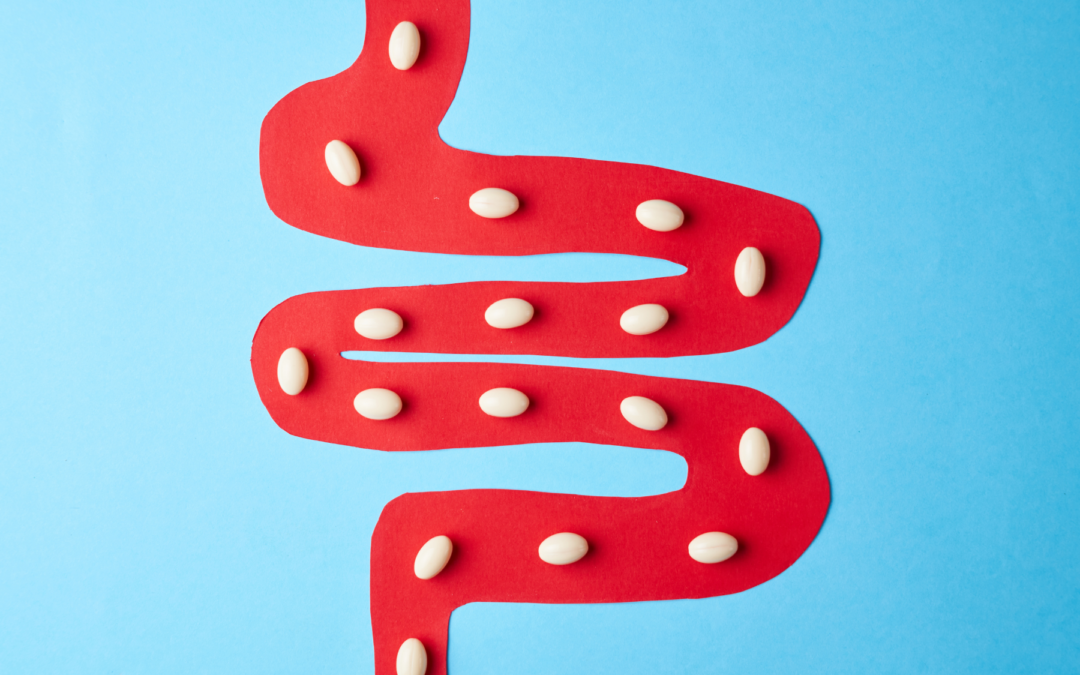Overeating, sometimes termed binge eating, is when you consume food to the point of uncomfortable fullness. This can happen with a bag of popcorn at the movie theater or even at Thanksgiving dinner. Overeating often leads to feelings of physical discomfort, guilt, and shame. Frequent overeating can interfere with maintaining a healthy weight. Chronic overeating can increase the risk for diseases such as diabetes, hyperlipidemia, and fatty liver disease.
When does it happen?
Overeating can happen when we are
- Stressed
- Sad, lonely, worried
- You have gone too long without eating
- Tired
- Distracted
- Unbalanced meals
Stress
High-stress situations cause hormones such as epinephrine and cortisol to be released into our bloodstream. When stress is short-term, epinephrine is primarily released. Epinephrine temporarily inhibits our appetite, so when we are coming out of a stressful situation it’s likely we will feel very hungry. When stress is long-term, cortisol is released. Cortisol increases appetite, which may lead to extreme feelings of hunger and chronic overeating. Prevent stress eating by managing your stress. Some find talking with a loved one, journaling, meditating, and exercising help with stress.
Emotions
Unpleasant emotions such as sadness, loneliness, and anxiety may cause overeating because some find comfort in food. Eating a favorite food may provide temporary relief from these emotions. Emotional eating and depression are linked to larger body sizes. No one is immune to feeling sad or lonely or anxious sometimes, but it is how you manage these emotions that matters. Talk therapy, time outside, exercise, and quality time with loved ones can help boost mood without consuming excessive calories.
Long periods without eating
Overeating can happen when you are over-hungry. We have all been there. We had a longer day than planned and all of a sudden we can’t remember the last time we ate. We may feel shaky, irritated, and get a headache. This is a ravenous type of hunger. A ‘get home and eat whatever we can get our hands on’ type of hunger. Or a ‘stop at a drive-through on the way home and eat in the car because we can’t wait’ type of hunger.
When we are in this famished state, we are less likely to consider foods that are best for our health. Additionally, we may eat so quickly that we don’t recognize that we are beginning to feel full. At the end of this eating episode, we may feel bloated and surprised at the amount we just consumed. Prevent this type of hunger by planning ahead. Pack a lunch for work. Store healthy and satisfying snacks in your backpack/purse, in your car, and at your desk. If you will be in a meeting during your normal meal time, eat something beforehand even if you aren’t ready for a full meal yet.
Sleep
Have you noticed that when you get a night of poor sleep, you feel off the next day? Research shows that those getting less than 7 hours of sleep are more vulnerable to weight gain than those getting 9+ hours of sleep. Our bodies produce more of the hunger hormone, ghrelin when we get less than 7 hours of sleep. Additionally, when we are exhausted, the part of our brain that handles decision-making is not functioning to its highest potential. So even though you know that eating that entire family-size bag of chips or having a whole birthday cake for dinner isn’t aligned with your health goals, you may decide to eat it anyway.
Prevent overeating from exhaustion by getting at least 8 hours of sleep nightly. Ensure you are getting quality sleep by not eating too close to bedtime, avoiding alcohol and caffeine at night, and turning off electronic devices at least a few minutes before you head to bed.
Distractions
Distracted eating is another easy way to accidentally overeat. With the plethora of activities on our screens these days, distractions are everywhere. Scrolling through social media, watching tv, playing video games, and even working on the computer are all traps for eating more than we meant to. When we have an unlimited amount of snacks by our side, or unlimited access to our pantry while working from home, we may not realize how much we are eating or how our body is feeling. Try to sit down with your meals and turn off your devices, even if just for five minutes. Focusing on how the food tastes and how your body feels will help you be alert to your fullness cues and stop before you are uncomfortably full.
Unbalanced meals
Not getting enough of a macronutrient can cause overeating. The three macronutrients in food are carbohydrates, protein, and fat. A healthy diet for most people consists of 40-60% calories from carbohydrates, 20-30% calories from protein, and 20-30% calories from fat. All three macronutrients are important. Eating at least 2 out of the 3 macronutrients at every meal and snack ensures satisfaction from eating.
Have you ever eaten a bowl of pasta with tomato sauce and nothing else in it? It is not very filling, no matter how much you eat. You may go for a second or even third bowl of pasta because it’s just not hitting the spot. By adding protein and or fat to your pasta, you will feel satisfied. Neglecting a macronutrient group can lead to cravings and feeling out of control around certain foods. To prevent overeating, ensure you have balanced meals and snacks by including carbohydrates, protein, and fat.
The Bottom Line
No matter how hard we try, we may still eat more than we wanted to on occasions like holidays or a special dinner out with loved ones. Occasional overeating will not derail your health or your nutrition goals. Overeating does not make you a bad person or undo all of the positive things you are doing to stay healthy. If you overeat, return to your normal eating pattern as soon as possible. Do not skip meals to try to compensate for a binge. Reflect on what caused the binge and if you could prevent it from happening in the future. If you find yourself overeating often, schedule an appointment with one of our registered dietitians to get back to a healthy eating pattern!
Resources
- Razzoli M, Pearson C, Crow S, Bartolomucci A. Stress, overeating, and obesity: Insights from human studies and preclinical models. Neurosci Biobehav Rev. 2017;76(Pt A):154-162. doi:10.1016/j.neubiorev.2017.01.026
- Konttinen H, van Strien T, Männistö S, Jousilahti P, Haukkala A. Depression, emotional eating and long-term weight changes: a population-based prospective study. Int J Behav Nutr Phys Act. 2019;16(1):28. Published 2019 Mar 20. doi:10.1186/s12966-019-0791-8
- Robinson MK, Andromalos L. Sleep more to eat less: how sleep affects the “hunger hormone”. https://brighamhealthhub.org/controlling-the-hunger-hormone/. Accessed January 26, 2023.
- Trecroci A, Boccolini G, Duca M, Formenti D, Alberti G. Mental fatigue impairs physical activity, technical and decision-making performance during small-sided games. PLoS One. 2020;15(9):e0238461. Published 2020 Sep 9. doi:10.1371/journal.pone.0238461







